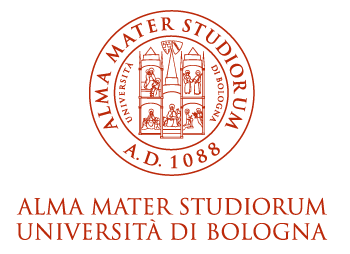The new International Master (Second Cycle Degree) in Statistical Sciences aims to train experts able to manage, analyze and interpret data in order to produce the knowledge required to support decision-making processes in private and public companies.
The two-year programme consists of common compulsory courses (32 ECTS), track compulsory courses (min. 48 ECTS), elective courses (10 ECTS) and a master’s thesis, for a total of 120 ECTS.
To tailor the programme to your interests, you can choose one of the following curricula:
In all the curricula great importance is paid to both theoretical and practical aspects of statistics, to the knowledge of appropriate software used to manage information and to the analysis of case studies.
The learning outcomes are achieved using teaching methods that include theoretical study, labs and the practical application of the learned concepts. During the study programme students are encouraged to perform curricular internships offering direct contact with the labor market.
One credit (CFU) usually corresponds to 25 hours of work, including lessons, exercises, etc., as well as home study.
The frontal lesson hours for the learning activities is:
Modules of 3 ECTS (CFU) = 18 hours
Modules of 4 ECTS (CFU) = 24 hours
Modules of 6 ECTS (CFU) = 30 hours
Modules of 10 ECTS (CFU) = 60 hours.
For each academic year, students occupied in full-time education are required to complete an average quantity of work set at 60 credits, equal to 1500 hours.
For each learning activity the work load consists in the time it theoretically takes an average student to obtain the learning outcomes laid down in the Student Guide under "knowledge and skills to be achieved". The learning outcomes are what the student will know, understand or be able to do at the end of the learning process.
CFUs are obtained by passing exams or other assessment tests.
Credits define the quantity of work; the quality of the student's performance on the other hand is documented by a grade, (expressed out of thirty for exams or other tests and out of one hundred and ten for the final examination), with honours where awarded.
All courses listed above are taught in English, which is the official and working language of the Master.
Courses attendance is not formally compulsory, but highly encouraged.
Maximum amount without exemption: about € 3,059.00.
Starting from the academic year 2017-18, the University of Bologna has a new system for calculating tuition fees. All students pay based on their family income irrespective of the degree programme that they enrol on. For Italian students this is measured by the Equivalent Financial Situation Indicator (ISEE).
Full exemption is granted for ISEE values up to €23,000.00. Above this threshold, the tuition fee increases proportionally to the ISEE value. For more information see here.
The curriculum Official Statistics of the master in Statistical Sciences has been awarded the EMOS label by the European Statistical System Committee (ESSC).
